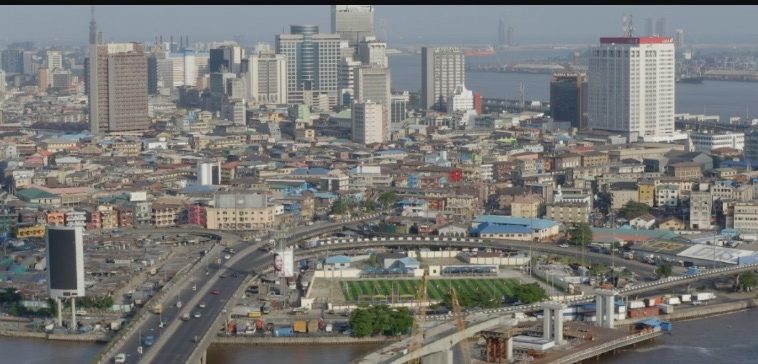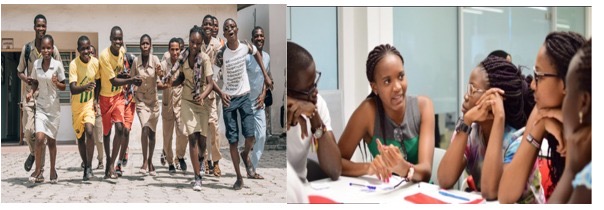In Africa’s diverse nations, a healthcare evolution is unfolding, weaving together innovation, challenges, and a determination to ensure every citizen’s right to quality medical care. As we stride forward, it’s crucial to remember the words of Dr. Tedros Adhanom Ghebreyesus, Director-General of the World Health Organisation: “The real test of our progress is how well we can provide the most disadvantaged people with the advantages of modern medicine.”
Across nations like Ghana, South Africa, and Rwanda, pioneering healthcare strategies are propelling the continent towards a universal healthcare system. Groundbreaking initiatives, including community-based health planning, are enhancing access to primary healthcare, marking significant strides in the journey towards comprehensive medical care for all.
While Africa has made significant strides, hurdles still loom large on the path to progress. In this exploration of healthcare in Africa, we’ll dive into the dynamic landscape of vaccination campaigns, disease prevention, healthcare systems, and technological innovations. This narrative will also spotlight ongoing challenges and the proactive measures being taken to broaden healthcare accessibility across the continent.
In Africa’s diverse healthcare tapestry, a myriad of systems, public and private, crisscross the continent, each with its own unique infrastructure and offerings. Recognising the imperative to fortify these systems, recent years have witnessed a growing acknowledgment of the need to enhance overall health outcomes. However, challenges persist, from inadequate infrastructure and a shortage of healthcare personnel to funding constraints hindering essential upgrades. The struggle to afford modern medical equipment, facility modernization, and continuous training for healthcare personnel underscores the urgency for sustained funding.
A multitude of infectious diseases, from malaria to HIV/AIDS and tuberculosis, pose a persistent challenge. Despite these challenges, concerted efforts have led to significant breakthroughs, with advancements in prevention and control strategies for diseases like malaria and HIV/AIDS. The fight against tuberculosis faces complexities due to drug-resistant strains, yet ongoing research and strengthened healthcare infrastructure are gradually turning the tide.
In the quest for immunisation, African nations are actively extending their programmes to curb the spread of infectious diseases. However, challenges such as supply chain issues, financial constraints, and administrative complexities have hindered the success of immunisation campaigns in some regions. Global initiatives like the Global Vaccine Action Plan and Gavi, the Vaccine Alliance, play a pivotal role in bolstering these efforts, providing financial support, technical aid, and assistance in vaccine procurement.
In recent times, healthcare technology has emerged as a transformative force, promising to revolutionise healthcare delivery. Telemedicine, in particular, addresses the scarcity of medical experts in remote areas, making healthcare advice accessible through teleconsultations. Mobile health applications have gained popularity, extending healthcare management and education even to the most remote areas.
Despite progress, complex challenges persist, encompassing funding, human resources, infrastructure, and socio-economic factors. Inadequate healthcare infrastructure, a shortage of qualified personnel, funding limitations, and socio-economic disparities create a multifaceted barrier to accessible healthcare.
Understanding these challenges, various programmes and tactics have been initiated to enhance healthcare outcomes and accessibility. Investments in healthcare infrastructure, capacity building, training, health insurance plans, and community-based initiatives are integral components of a comprehensive strategy. International partnerships and aid, including collaborations with organisations like the World Health Organisation, Gavi, and the Global Fund, are crucial in addressing healthcare issues.
Dr. Matshidiso Moeti, WHO Regional Director for Africa, emphasises the need for collective efforts to improve healthcare systems, manage diseases, and leverage technology for greater health outcomes. In the words of Global Health Advocate Dr. Jane M. Healthington, “The journey to a healthier Africa requires a collective commitment to strengthen healthcare systems, address socio-economic factors, and embrace technological advancements.” Africa’s health odyssey continues, fueled by a collective commitment to forge a path towards a healthier and more equitable future.


